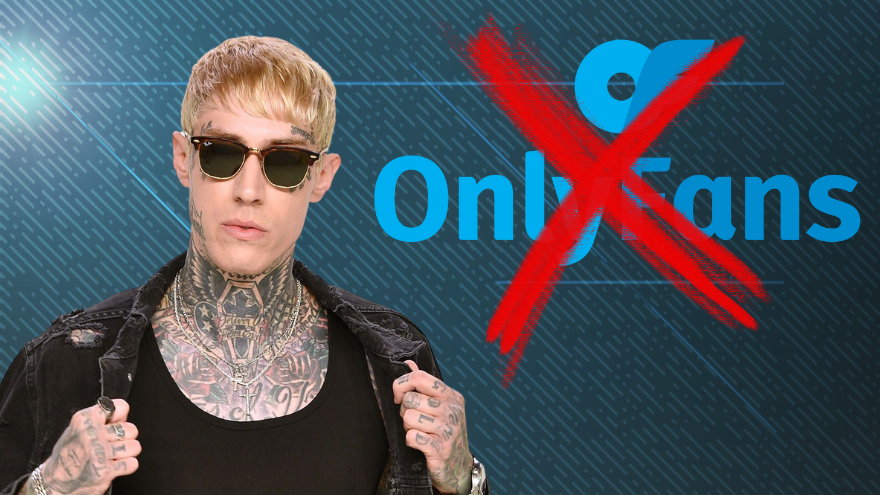A new survey found young men and women consider certain political expressions and values to be make-or-break qualities when determining who to date.
The study indicates a cultural hurdle that could have a lasting impact on the social lives of young adults and reflects the partisan division within the United States.
Change Research surveyed 1,033 registered voters between the ages of 18 and 34 between Aug. 25 and Sept. 1. The group was 43% male, 45% female, and 11% transgender-identifying, non-binary, or other. The results were shared with Teen Vogue, which noted that “divisions can be found in which platforms they frequent, the podcasts they listen to, and what they look for in a romantic partner.”
The study asked the young adult participants to note what behaviors they would consider a “red flag” in a potential romantic partner that may deter them from dating someone or encouraging them to leave a relationship.
Identifying as a “MAGA Republican” was deemed a red flag by 76% of women and 59% of men while identifying as a communist was a red flag by 64% of men and 55% of women. Women were also more likely (60%) than men (41%) to consider it a negative if a partner said “All Lives Matter” while more men (33%) than women (14%) view saying “Black Lives Matter” as a potential flaw. Half of all female respondents said it would be a bad sign if their partner did not care about politics, notably more than the 29% of men who had the same opinion.
Approximately 33% of men say identifying as a liberal is a red flag compared to 19% of women.
More than twice as many men (41%) said being interested in astronomy is a red flag than women (19%).
A significant portion of both men (60%) and women (66%) reported that having no hobbies would be a red flag in a partner. Similar portions of men and women – 29% and 26%, respectively – consider watching a reality dating show a bad omen.
Respondents were also asked about potential good traits they would like to see in a partner.
Men and women (91% and 95%, respectively) agreed that reading was a green flag as is “researching for best deals and rates before buying.”
Similar portions of men and women – 24% and 20% – said talking about politics frequently was a positive trait.
Drinking cow's milk over any non-dairy option is a green flag for 19% women but 42% of men. Nearly twice as many men (46%) said saying there are only two genders is a green flag compared to women (25%). Men were also more likely than women to consider it a green flag if a potential partner looked better in person – 63% versus 51%.
Half of female respondents said it was a green flag if a partner takes candid pictures of them.
In addition to surveying young adult’s value preferences, Change Research also asked the respondents about their political leanings.
Participants were asked to describe how they and their friends and family identify politically from one of seven options: Progressive, Liberal, Moderate, Libertarian, Conservative, MAGA, and Not.
The study found that the majority of young women regarded themselves and their community as left-wing politically – 41% as progressive and 23% as liberal – significantly outpacing their male counterparts. In contrast, 24% of young men identify themselves and their family and friends as progressive and 15% as liberal.
The most likely group of young people to identify themselves and their communities with a left-leaning political orientation were young adults who identify as non-binary or transgender.
Men were more likely to say they and their friends and family members are libertarian (13%), conservative (18%), or MAGA (11%). About 11% of female respondents described themselves and those around them as conservative and 3% selected MAGA.
Young men were the most likely of the gender categories to identify as moderate (14%), narrowly surpassing young women (13%).

